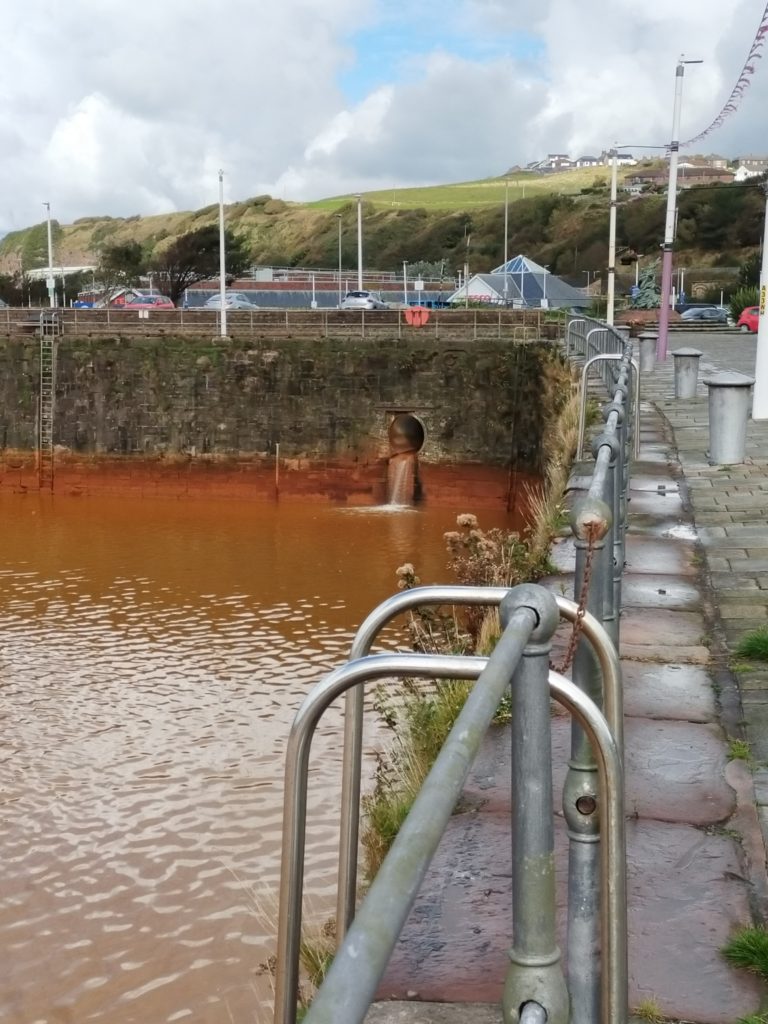The staff of Peace News have printed an issue of PN which includes eight pages under the headline
“Peace News To Close”.
The pages are biased and false in so many ways that we are unable to rebut every misrepresentation, correct every inaccuracy, or fill in every omission. Much of it is so extreme, personal and potentially libellous that it would be foolish to reply without legal advice. We are not going to sink to their level
of personal attacks and abuse.
Suffice to say that there are two sides to every argument.
There are several points we do feel able to make.
Peace News is published by Peace News Ltd (PNL), itself wholly owned by Peace News Trustees Ltd (PNT). Both companies are not-for-profits, whose directors are all unpaid. The staff are paid employees of PNL. Peace News is financially dependent on PNT’s subsidy of £20,000 or more a year, without which the £2 cover price would have to quadruple.
The staff have frequently overstepped their role as employees. To announce the “closure” of PN is the latest example. Peace News is not theirs to close.
They resigned on 14 August. The resignations were accepted, and they were kept on in good faith for their two-month notice period, to produce their last edition.
PNL’s directors said the issue should contain a joint statement agreed by PNT and staff; and staff could write a personal statement to readers, subject to directors’ approval. Instead, the staff published this issue secretly and unilaterally, having had no prior discussion with or agreement by their
employers, let alone space to comment.
As directors of Peace News Trustees, and company members and directors of Peace News Ltd, we are successors of the people who founded the paper in 1936. It is our responsibility to work to their objectives, to build the paper’s effectiveness in promoting peace and nonviolence, and hand over to our successors in turn. The individuals named – and abused – by PN staff have long-time commitments to PN and the peace movement. They have integrity and good sense. They have not
suddenly turned into monsters.
Peace News was in a long-term descent of ever-declining subscriptions, readership, and influence. It
was locked-in to being a paper publication in the age of digital media. PNT tried to institute structures to review its purpose, strategy, content, and marketing, but at every turn these efforts were resisted by staff.
Staff refused to share and discuss editorial policy (if there was any). It turned out that they had been developing a plan for the future – but kept this secret for six months from the very people they expected to fund it! Another six months on, they have never revealed what this plan might actually
be.
This was just one example from of a year of acting in bad faith. They contradicted their own claims to openness and consensual decision-making with secretiveness, lies, dissembling, procrastination, breaches of confidence, and manipulation. Given the history, the directors now feel naive to have
trusted them to produce this latest edition.
Staff claimed autonomy. As owners, funders and stewards of Peace News, PNT naturally expected
accountability. When PNT placed two Trustees onto PNL’s Board of seven (mirroring the two PNL people who were on the PNT Board), this was described as an “attack on PNL’s autonomy”. And here is their response to a request from PNT for quarterly editorial reports: “We see this as a breach of PN’s editorial independence”. The first quote is from 2024. The second dates back ten years, to 2014.
Their intransigence was permanent and absolute; and the gap could not be bridged.
It is fitting that their last act was to publish eight whole pages of inaccurate and self-evidently biased vitriol directed against Peace News Trustees (who pay them), and against named individuals (who aren’t paid at all). Staff did this clandestinely, and allowed no space for a different view. They published a leaked email without the author’s knowledge or consent, and a private email address without notice or permission. It was not just terrible journalistic ethics, but an outrageous abuse of power designed to do maximum damage to Peace News before their departure.
To repeat, Peace News does not belong to the staff who were employed to produce it. It cannot be staff who are ultimately responsible for PN. It is their employers Peace News Ltd, and through PNL, the owners and stewards – Peace News Trustees.
When these issues are resolved, we will be consulting widely on the future direction of Peace News.
Albert Beale, Glyn Carter, Marwan Darweish, Ian Dixon, Carol Rank, Andrew Rigby (Peace News Trustees).
This statement is supported by board and company members of Peace News Ltd:
Albert Beale, Glyn Carter, Sally Dean, Ian Dixon, Martyn Lowe, Ruth Overy, Carol Rank, Andrew Rigby,
Diana Shelley.
Notes:
A fuller history has been compiled by Andrew Rigby in a personal capacity. Albert Beale has also issued a
personal response.
Both can be seen at https://PeaceNewsTrustees.my.canva.site/
Recipients are welcome to republish this statement from PNT, and to share links to
and extracts from the two personal texts, providing the wordings are not changed
